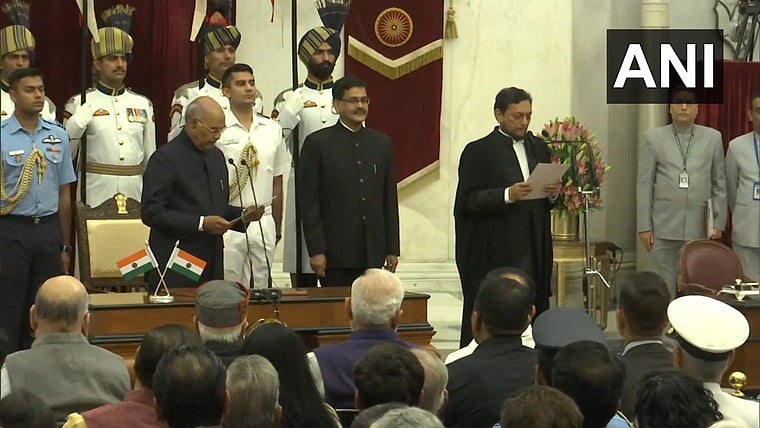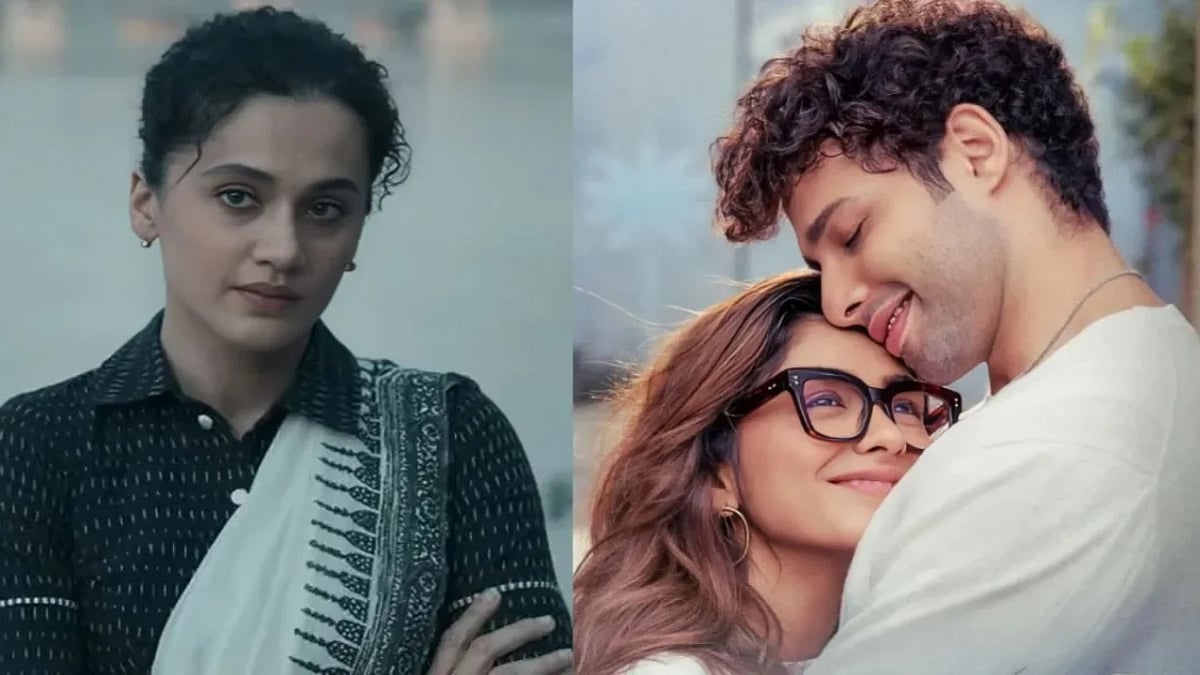New Delhi: Chief Justice of India Sharad Arvind Bobde on Thursday stressed that there should be some finality in death sentence cases, a day after the Centre moved the top court to seek "victim-centric" guidelines.
He said the Supreme Court should focus on the rights of the victims, instead of just the rights of the convict, who wishes to exhaust all remedies before being sentenced to death.
His observations came while a Bench headed by him was hearing a petition filed by a couple on death row for commutation. They were sentenced to death for sedating the woman’s family and hacking them to death in April 2008.
However, in 2015, the top court cancelled their execution warrant on grounds that the magistrate had acted in haste and the convicts were yet to exhaust their legal options.
Right at the start of the hearing, the chief justice said it was extremely important for the death sentence to have some finality, lest the convict feels that the sentence can be questioned all the time and "one cannot go on fighting endlessly."
"We don’t want to focus or emphasise only on rights of accused in a case in which seven people, including a 10-month-old baby, had been murdered," Bobde said.
After hearing, the Apex Court, which included Justices S A Nazeer and Sanjiv Khanna, reserved its verdict on the review petition filed by the couple, a woman and her lover. They had killed seven members of the woman's family -- her parents, two brothers and their wives and a 10-month old nephew.
The convicts' lawyers wanted the death penalty commuted, keeping in mind the possibility of their reformation. "Should we consider the good behaviour of convicts post-conviction, the Bench asked their senior advocates Anand Grover and Meenakshi Arora.
"Every criminal is said to have an innocent heart. However, we have to look into the crime committed as well," the bench observed.In 2010, the Allahabad High Court had upheld the death sentence awarded to the duo by a Sessions court.
Saleem and Shabnam were having an affair and wanted to get married but their relationship ran into stiff opposition from the woman's family. On April 15, 2008, Shabnam's entire family was wiped out and the woman initially pretended that her house was attacked by unidentified assailants.
It came to light during the investigation that she had abetted Saleem in the crime as she made her family members drink milk laced with sedatives before the attack and thereafter throttled her little nephew.
On Wednesday, the government had said in its application that the current rules were skewed in favour of convicts, allowing them to "play with the law and delay execution."
It sought a seven-day deadline for death-row convicts to file mercy pleas before the President. At present, the minimum time between the rejection of a mercy plea and a convict’s execution is 14 days.
The petition was filed amid a continuing delay in the execution of four convicts in the 2012 Nirbhaya gangrape case in Delhi. The convicts were given the death sentence by a trial court in 2013. The punishment was upheld by the Delhi High Court six months later, and the Supreme Court in May 2017.




